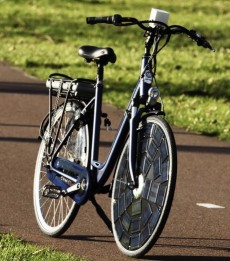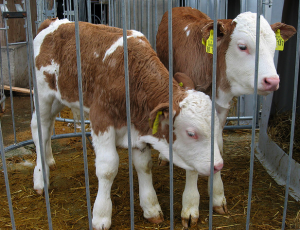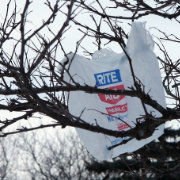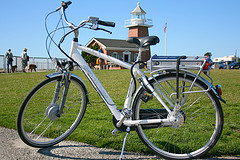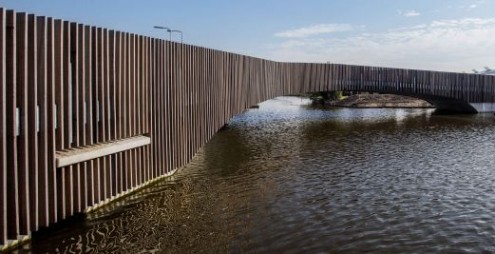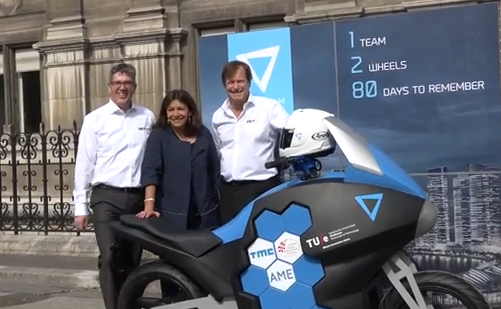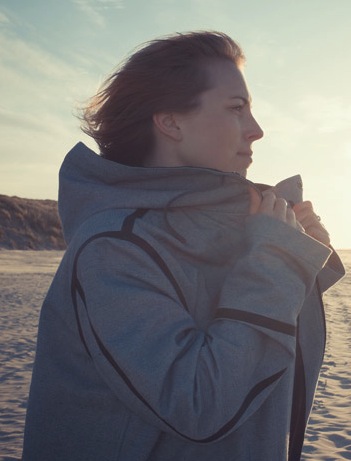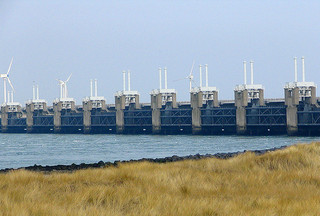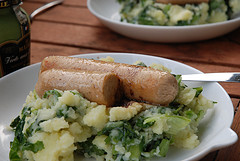
The Plus supermarket in Winterswijk, Gelderland has a cook on staff that makes meals from the food close to its best-before date and sells it to customers, a Dutch first according to the supermarket.
While France has been making headlines with its legislation banning supermarkets from throwing away food (a great idea that doesn’t quite work yet), the Dutch have been giving away their expired food to food banks for a long time, not feeling the need to legislate what seems like doing the right thing. French supermarkets can also get rid of their food in a way that it becomes animal feed and compost rather than feed people.
In the Netherlands, even if food is expired and OK to eat, it has to be thrown out by law, and that didn’t sit well with supermarket owner Jeroen Bruggers. He got creative and hired a cook last autumn, Sander-Jan Bats, who makes meals with food that is about to expire. Bats, 32, who has been cooking food since he was 15, cooks in an open kitchen with his colleagues and says he enjoys the challenge. The meals cost no more than 4 euro and are freshly made, a big hit with customers. Bruggers hopes other supermarkets pick up the idea.
(Link: www.achterhoeknieuwswinterswijk.nl, Photo of an endive potato mash with meatless sausage by Jasja Dekker, some rights reserved)

